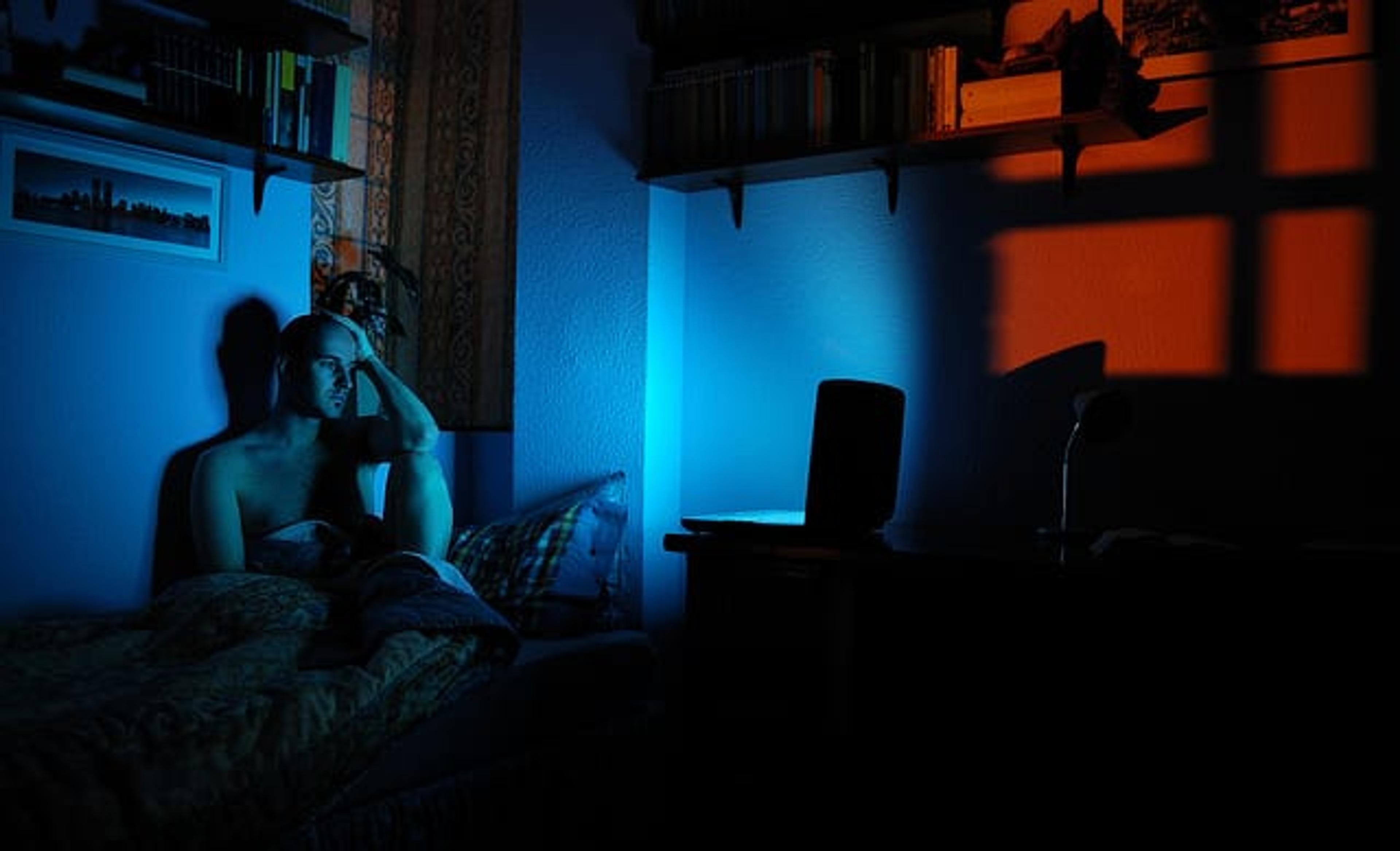Is procrastination keeping you up all night?

Mike Miller
| 2 min read

We all have that friend who’s the night owl. They stay up late and claim to battle with insomnia. Assuredly, some of them are legitimate insomniacs, but recent research study findings have shed light on a new kind of sleep disorder that may be keeping many of us up: sleep procrastination.
Defined as, “failing to go to bed at the intended time, while no external circumstances prevent a person from doing so,” sleep procrastination is a modern phenomenon that is robbing many of their required amounts of sleep.
Procrastination usually involves avoiding unpleasant tasks, a category that sleep doesn’t typically fall into. Researchers have discovered that the procrastinators aren’t looking to avoid sleeping, so much as they are looking to not stop doing other activities.
Researchers believe that our 24/7 connected-ness to the Internet, our electronic devices and entertainment are the primary culprits for sleep procrastination. It’s simply too easy to “accidentally” watch an entire season of a show on Netflix, get in one more level on Call of Duty, or read through countless Tweets, status updates and Instagram posts, into the wee hours.
What makes this phenomenon more troubling, is the fact that sleep procrastination is naturally hard to break out of. We’re lower on willpower and motivation when we are sleepy or tired, so it takes something to jolt us out of our procrastinating ways. Without external forces to remind and urge one to go to bed, like an alarm or timer shutting off the TV, the procrastination can continue to the point of exhaustion.
We’ve long known that sleep is essential to our daily functions and long term health. Lack of sleep has been linked to several disorders and diseases including obesity, heart disease, diabetes and cancer. We also know that sleep is a restorative process for our bodies and especially our brains.
While sleep disorder is a modern malady, there are, fortunately, many ways to get yourself into proper nighttime and sleep routines, so that you can reap the benefits of healthy night’s sleep.
Photo credit: Carlos Martz





